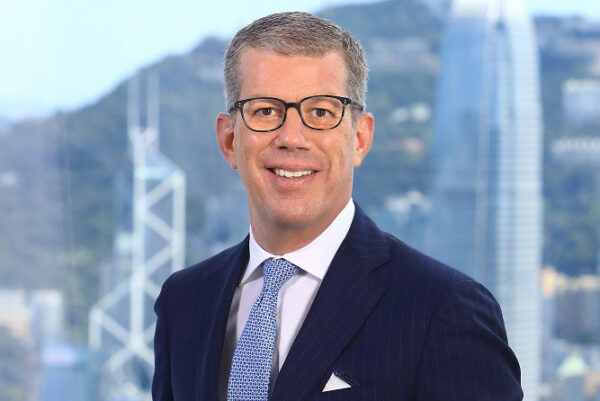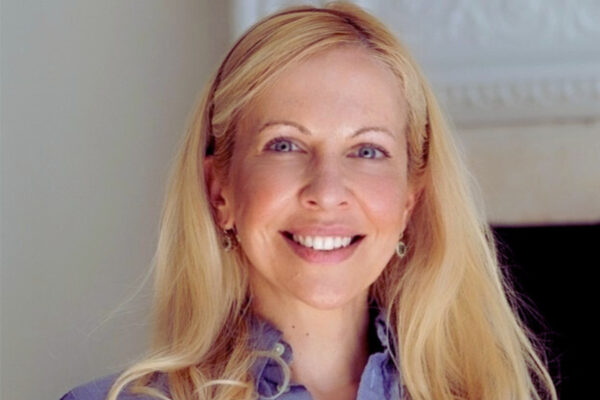Growing levels of inherited wealth both an opportunity and a risk for private banks

Colossal amounts of wealth will be passing from one generation to the next in the coming years. Wealth managers need to adapt if they are going to remain relevant.
For the first time since records began, billionaires around the world have amassed more wealth through inheritance than entrepreneurship, a clear signal that the much-anticipated great wealth transfer is accelerating.
This presents a huge opportunity for private banks catering to these very large and remunerative clients and their families, but also a major risk. Industry research has consistently shown that most children tend to dismiss their parents’ advisers on receiving the inheritance.
In the 12 months to April 2023, a total of $150.8bn was inherited by 53 heirs, exceeding the $140.7bn created by 84 new self-made billionaires, according to the ninth edition of the UBS Billionaire Ambitions Report.
While the predominance of inherited wealth suggests the wealth transfer is under way, this is just the tip of the iceberg, according to the study. Today, of the 2544 dollar billionaire tycoons in the world, more than 1000 are aged 70 or older, and are expected to pass $5.2tn to their heirs during the next 20 to 30 years.
This trend will grow faster in regions with greater concentration of first-generation wealth, such as Asia-Pacific, where 80 per cent of billionaire wealth is in the hands of the first generation of self-made entrepreneurs, and the Americas, where the proportion is 70 per cent. In western Europe, the 50/50 split between first generation and multi-generation wealth betrays a wide dispersion across countries.

“Engineering a smooth succession will require founders and their families to do things differently,” says UBS’s head of global wealth management strategic clients Benjamin Cavalli, based in Singapore.
“Younger generations need to be involved in developing succession plans, and more than ever families need to discover common values and purpose,” he says, highlighting how next gen training and governance is crucial for families to continue building their legacies.
This is “the biggest opportunity” for a firm like UBS, believes Mr Cavalli, but advisers need to engage and better understand their clients’ children, who range from young entrepreneurs to individuals in their 50s and 60s.
Younger cohorts have “fresh views” about business, investing, and philanthropy. As they take over their parents’ businesses, investments and foundations, they are likely to focus more on today’s major economic opportunities and challenges, such as new technologies and clean energy transformation.
Billionaires - key stats
- Globally, the number of billionaires rose seven per cent to reach 2544
- Billionaires’ wealth recovered by nine per cent to $12tn, but remains smaller than during its 2021 peak
- Despite little growth, the world's largest concentration of billionaire wealth is still in the Americas, with 867 billionaires, accounting for $5.0tn
- The EMEA region posted the strongest performance, with wealth rising by 21 per cent to $3.2tn, lifted by post-pandemic shopping splurge on Europe’s luxury goods and cosmetics. The number of billionaires grew by 10 per cent to 658
- In APAC, the number of billionaires increased from 922 to 1,019, while their total wealth increased by 8.1 per cent to $3.7tn
Source: UBS Billionaire Ambitions Report 2023
More than half of heirs (53 per cent) choose not to work in the family business to pursue careers more suited to their ambitions, skills and circumstances, while businesses remain in the family but are increasingly professionalised. The trend is particularly evident in Asia-Pacific, with two-thirds (67 per cent) of heirs choosing to go their own way.
Shying away from their parents’ grant-making philanthropy, next gens are generally more focused on impact investing, and keener to drive “sustainable innovation” through business ventures addressing environmental and social issues.
Biggest risk
This “staggering” amount of “wealth in motion” could also be “one of the biggest risks” for a financial institution like UBS, acknowledges Mr Cavalli.
“Over the next 20 to 30 years, you can either be on the winning or receiving side of it, or you can be in a vacuum and lose substantial assets if you do not know the potential beneficiaries,” he says, adding he sees this happen “over and over again”.
With a dedicated team exclusively focused on the next gen, UBS advisers “systematically” scan the bank’s largest clients to identify primary account holders as well as the second, third and fourth generation. “We want to make sure that throughout the life cycle, we get access and get to know the extended family members as early as possible, and we are involved in the wealth planning and family legacy creation process.”
More than ever, client advisers play a “very critical part in the entire ecosystem of clients”, he says, not just during the wealth creation stage, but as “true partners and stewards” in helping them pass “bankable and business assets” onto the next gen, in a smooth way.

Wealth managers and private banks should expand their offering to include services around family legacy and succession planning, “not just as an add-on service but as a priority”, believes Zita Nikoletta Verbényi, founder of The Legacy Atelier, a London-based family business advisory firm.
She points to the “competitive advantage” that the next gens gain from “tapping into their parents’ and ancestors’ family knowledge, along with inheriting the wealth and the family’s value framework”. Legacies of past generations are responsible “for the cultural, social, financial and a myriad of further contracts, advancements, and fabrics in which we live,” says Ms Verbényi, adding that the next gens can afford “not to get stuck” in roles which they do not like.
“They can find and fulfil their purpose, bring in innovation and new technologies, question and challenge current thinking processes, and make purposeful change happen in agile and efficient ways,” she says. The advisers’ role is “to understand the essence of thinking processes and activities of previous and current leaders and build upon these,” adds Ms Verbényi.
But for many it is challenging to bring in “diversity of thinking and solutioning” when it comes to their client plans, either due to internal compliance reasons or because they find comfort in using the same old practices.
This denotes a lack of flexibility and a “putting heads in the sand” philosophy, which does not benefit either clients or advisers. The next generation of advisers will be forced to revise these old practices to meet future clients’ expectations, she believes.
Moreover, succession planning may mean very different things to bankers, lawyers, or other professionals, she warns. “Family members may think they receive a full succession service, including family governance, only to find out that just financial and legal aspects, along with some values, were considered [to be a] family legacy.”





